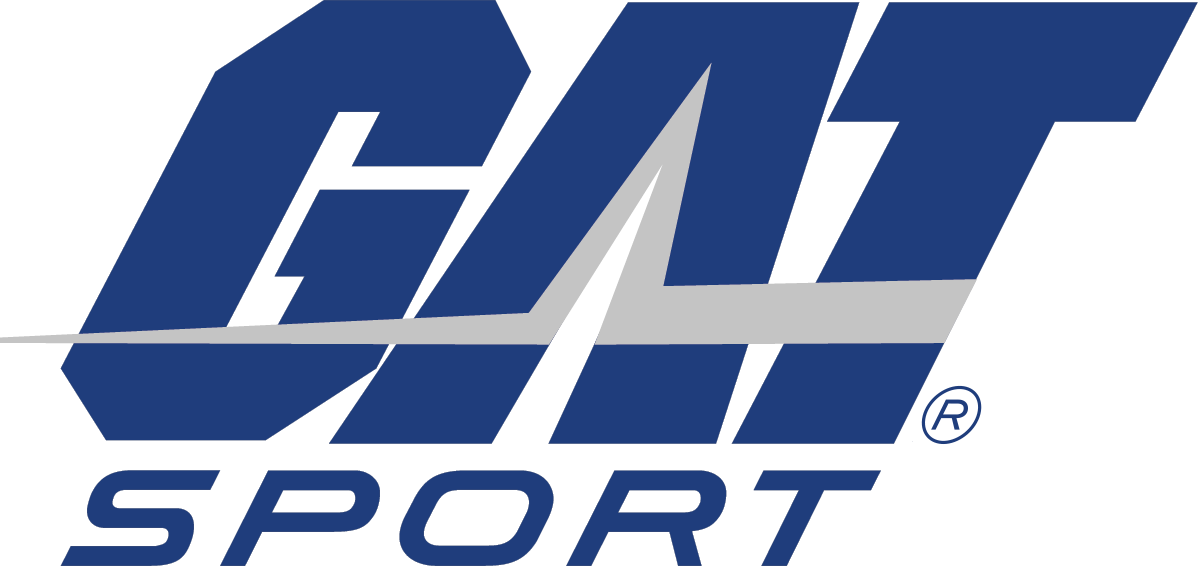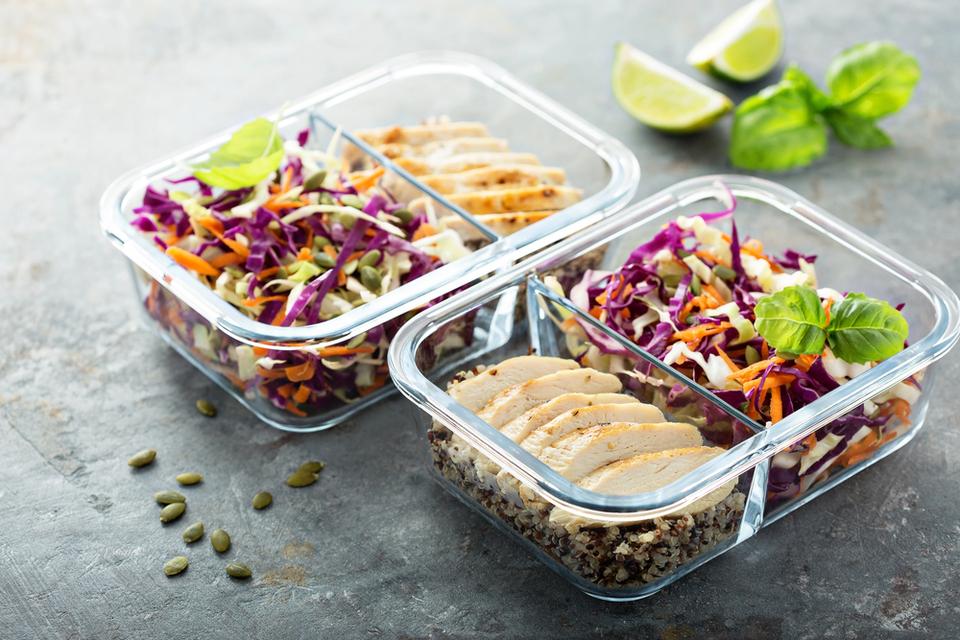The Importance of Pre-Workout and Post-Workout Meals

There seems to be much debate on whether or not you need pre-workout and post-workout meals. Some people swear by them, while others say they are unnecessary and forgo any type of meal pre/post. That said, there are some benefits to them, which is what this article will explain.
To lay down a pretty basic understanding to get started, pre-workout meals can boost your workout performance, while post-workout meals help refuel your body following intense training sessions. To throw another curveball into the mix, with so many articles on the internet, it can get confusing to figure out what to eat before and after a workout.
When it comes to pre-workout meals, what you are eating before workouts is quite important. If you are going to put your body through the stress of a workout and put a great demand on overall performance, you need to fuel it with proper nutrition. Besides certain supplements, there are some natural, tasty meals and snacks that you eat before workouts. There are all kinds of meals and specific foods that can fuel your body, fill your glycogen stores in the muscle, and help you achieve your fitness and physique goals faster.
Flipping to the other side of the conversation, when it comes to post-workout meals, these are just as important as a quality pre-workout meal. Refueling your body after a workout will help you to recover from the stress put on your body and muscles. A proper post-workout meal will help you not only gain strength but muscle size as well.
Nutrition Is What Can Improve or Hinder Your Results
Nutrition is imperative when it comes to helping take your workouts and results to the next level. Our body needs energy from what we eat in order to perform and function properly when pushing ourselves during a workout.
By burning the three main macronutrients (fat, protein, and carbs), our body gains energy in the form of ATP (adenosine triphosphate). ATP is an essential energy source for our body. However, if energy is not required, then it can be stored as glycogen, fat, and creatine phosphate.
How to Leverage Pre-Workout Meals
The food you put into your body prior to workouts can make the difference between completely annihilating your workouts and sandbagging it. If you’re spending the time to drive to the gym, push some weight, and then drive all the way home, you’d want to maximize your effort, right?
Choosing foods that will enhance your workouts is vital to seeing the results you desire from your efforts. The goal is to continually overload the muscle to force change and promote muscle growth. But if you don’t have the energy required to keep pushing yourself, you’ll find your results falling short, which can lead to frustration and the possibility of throwing in the towel and giving up.
There is a delicate balance of how much you should consume as your pre-workout meals as well. Not consuming enough may lead to performance issues, loss of strength, and fatigue during your training session. On the flip side, if you overeat, your stomach will feel bloated and unsettled, which can cause you to lose focus and not be able to maximize your time in the gym. Additionally, all of that mass in your stomach could cause an upset stomach, which could cause your training session to end abruptly.
The key is to keep it simple but balanced. You need carbs for energy and protein to supply your muscles with the necessary amino acids.
As a general guideline, pre-workout meals should have carbs and protein (strive for around 0.25 gram each per pound of your target body weight). Here are some examples of pre-workout meals:
- Oatmeal with fruit and milk
- Trail mix with both fruit and nuts
- Greek yogurt along with fruit
- Natural peanut butter and jelly
- Apple with peanut butter, almond butter, or any nut butter
- Smoothie with protein powder and fruit
When Should You Consume a Pre-Workout Meal?
You should avoid eating right before working out. It can cause digestive discomfort and create competing demands on the body as your stomach is digesting food at the same time you are trying to push blood out to the working muscle. What this does is slow digestion down, which leads to not being able to fully utilize the meal you just consumed.
A better idea would be to eat pre-workout meals 1-3 hours prior to a training session, depending on how fast your body digests food (since everyone is different). Play with this range and take note of how you feel during your workouts – including your performance and energy levels. Once you find the sweet spot, use that moving forward.
Don’t Neglect Post-Workout Meals
A post-workout meal is a little bit more complex than pre-workout meals. Its main function is to supply your body with everything needed to repair, recover, replenish, and adapt itself to the training stimulus. Essentially, you’re feeding your body with the nutrients needed to replenish glycogen levels as well as help supply adequate amino acids to the muscles to repair the broken-down muscle fibers to create hypertrophy (muscle growth).
When you exercise, you’re burning calories as an energy source (hence, why people exercise to lose weight). Even when looking to lose weight, a post-workout meal is a good idea to help refuel and supply the muscles with amino acids as well as replenish glycogen stores that were used up during your training session so that you are prepared for your next workout.
A proper post-workout meal helps to:
- Reduce muscle soreness
- Reduce muscle damage or muscle protein breakdown
- Replenish muscle glycogen
- Reduce stress hormone levels
- Help in building muscle mass
- Increases muscle protein synthesis
Post-workout meals, similar to pre-workout meals, need protein and carbs. Here are some ideas and examples of things that can be included in your post-workout meals:
- Eggs
- Chicken
- Turkey
- Lean Beef
- Fish
- Tofu
- Tuna salad sandwich on whole-grain bread
- Oatmeal with fruit or raisins
- Cereal and fruit
- Baked potato
- Peanut butter toast
- Protein shake/bar
- Beans or legumes
- Plant-based protein sources such as nuts
In addition to the muscle-building properties of post-workout meals, a well-planned diet will also help you manage your weight and even lose weight faster.
When Should You Consume a Post-Workout Meal?
It is recommended that you have your post-workout meals as soon as possible following your workout. Ideally, you should try to eat something within 45 minutes after your workout is complete.
After a workout, your body is like a sponge. It absorbs and utilizes the nutrients you eat to help kickstart the recovery process.
Putting It All Together
Some people swear by pre-workout and dismiss pre-workout meals. Others say the body is smart, and post-workout meals do nothing. Well, here’s what we can all agree upon… No two people are 100% identical. What works for you may not work for your friend and vice versa.
While our body is undoubtedly miraculous, when it comes to training and fueling/refueling our bodies, it is somewhat of a science where we need to test and evaluate everything we do.
If you want to maximize your performance and recovery, there are plenty of studies that show pre-workout meals and post-workout meals can help improve both.
Regardless of your stance on the subject, pre-workout meals and post-workout meals have their place. Whether or not you utilize them is up to you.
Pre and Post Are Covered… What About Intra-Workout?
Pre-workout and post-workout meals are incredibly important to help fuel your workouts and then provide them with the nutrients they need to recover post properly. But what about during workouts? Should you focus on intra-workout? Absolutely!
What you do during your workout can help maintain performance levels. During workouts, you sweat. You lose crucial nutrients through this process that need to be replenished, otherwise, dehydration can set in. To prevent dehydration from happening and to continue providing your muscles with the nutrients they need to get through long and intense workouts, something like GAT Sport Flexx EAAs would be optimal.
GAT Sport Flexx EAAs is an advanced essential amino acid supplement that promotes muscle protein synthesis, muscle preservation, energy, endurance, and recovery. In addition, Flexx EAAs contains electrolytes through a hydro-adaptogen performance matrix that includes coconut water powder and patented Senoril® Ashwagandha to round out this all-inclusive intra-workout product.
Everything needs to be taken into the equation when you want to maximize your results. And adding GAT Sport Flexx EAAs between your pre-workout and post-workout regimen can be the missing link to rapid muscle growth!


